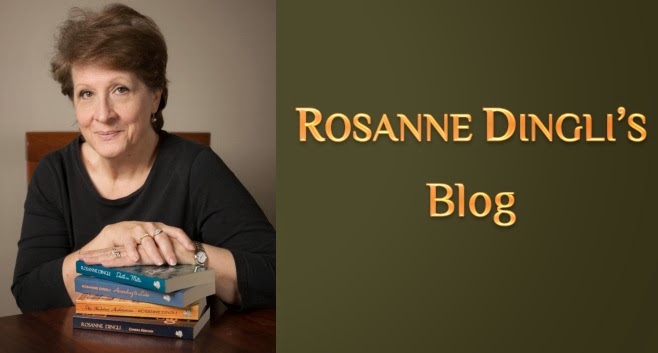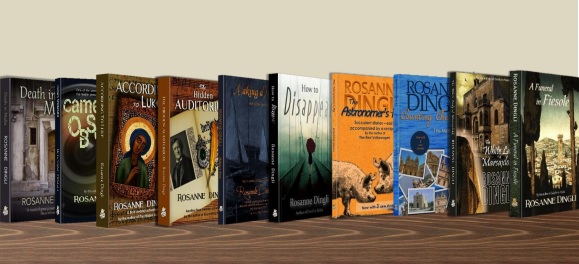Ah, um, er... not really. Everything about the books industry has changed, and I don't just mean the introduction of ebooks and the advent of hand-held reading devices, either. The book selling industry has been evolving rapidly for some time, and learning how to use a book store is vital for a number of reasons.
But learning how to use them in the new book-buying climate is essential. It's not as simple as enter, browse, buy. Oh no.
Buying books is personal, subjective, and can be expensive. Browsing, impulse buying, and whimsical purchases are all right for the very wealthy, or those with infinite space to store on either real or virtual shelves. But mistakes can be frustrating and costly. Learn how to purchase wisely. First, learn what kind of a reader you are, and also the reading likes and dislikes of those you know and love. Learn how to list what you have read so far. Also list your favourite authors and those you will not willingly read again. Look for "If you liked this, you will like that" lists on the web and at your library.
Examining your reading habits will make you a better user of bookshops, but that is not the most important thing to know about them. Here it is: it is physically impossible for bookshops to carry all the books available in print. Chances are they will not have what you are after. That author you spotted on a blog, that great book everyone at work was talking about, that title you overhead on the street, that paragraph you read over someone's shoulder on the train, from a book whose title now escapes you ... No - they won't be able to guess at the bookstore. No, it won't necessarily be on a bookshop shelf. Amazon.com has about seven million books on its shelves - can you imagine the size of shop needed to take that many books - even just one of each?
 |
| http://pmumau.wordpress.com/2010/01/ |
You can do it by learning how to put a bookshop to better use, and ensure its survival. Do your homework. Make some intelligent searches online, find those valuable hints. Make a list of overheard titles, books found on newspaper reviews, authors whose names elude you. Then march down to your favourite bookshop and MAKE AN ORDER.
That is what bookshops are really for: taking your orders and finding the books you want on their catalogues, which are enormous, but searchable. They access huge databases looking for the titles you seek, when you bang your fist on their counters! Bookshops are merely a portal to your reading material: all you see is the entrance. The contents are too big to keep in one shop or one location, so you need to ask for what you want. Place an order for any book on the Books in Print catalogue. If it's there, they should be able to get it for you.
Learn how to make your search for books a concerted effort between searching online, storing books on your eReader, downloading, keeping a good TBRL*, and ordering paper books. The result will be a rewarding variety of reading modes, materials you have actively chosen, and very fruitful book-buying experiences.
Leave me a comment on your book shop experiences: are you often disappointed in your search for a specific book? Have you examined how you shop? Are you willing to tweak your buying habits to help ensure the survival of bookshops?
*To Be Read List







